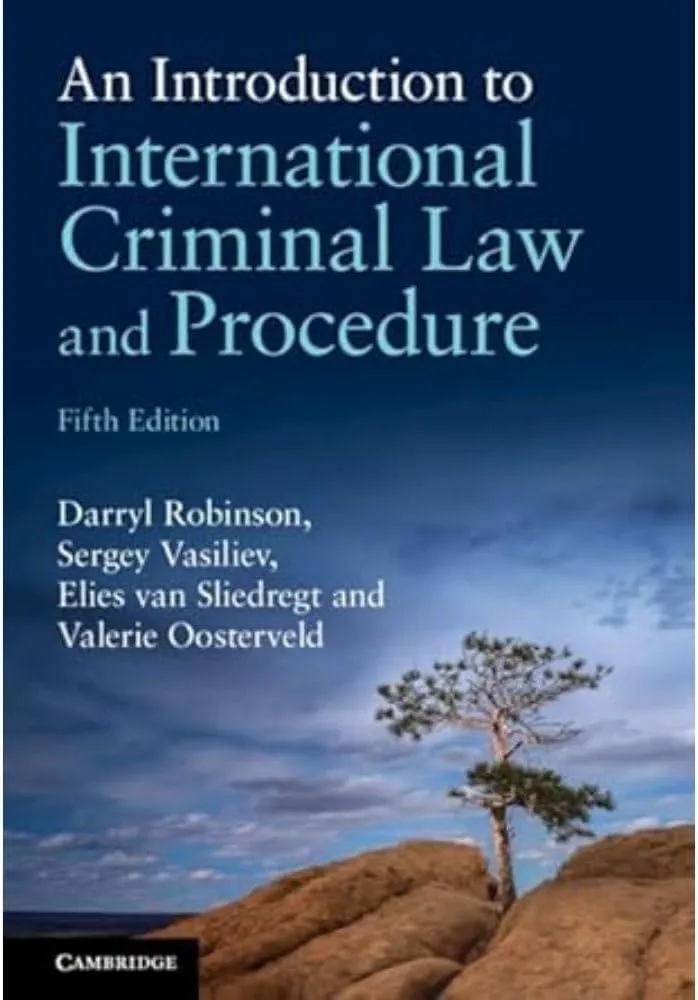
Principles of the Digital Services Act
(Author) Martin HusovecNumerous questions were at the heart of parliamentary discussions over the provisions of the Digital Services Act (DSA), the EU's new regulatory framework for digital services in Europe. How should liberal democracies prevent illegal and harmful activities online and protect fundamental rights? How should digital service providers assess the impact of their technology on others? And how should technology companies moderate user-generated content? Principles of the Digital Services Act analyses the DSA's key provisions, dissecting its mechanisms and components, to understand the new law's likely impact on digital services in Europe and beyond. The book puts the new legal framework into its political, economic, and social contexts by explaining its grounding within the frameworks of economic regulation and human rights. It examines the European legislature's approach to the DSA, offering a detailed historical account of the legislative and pre-legislative process. The book argues that the envisaged regulatory system has the potential to boost trust in the digital environment. However, its mechanisms must be able to rely on the robust network of civil society organisations and the regulators should follow a set of principles. In this way, the DSA's goal can be achieved through means that are firmly aligned with respect for individual liberties, including the freedom of expression. Combining academic research with practical insights, Principles of the Digital Services Act offers a robust analysis into how to apply and further develop the most important tools of the DSA to rebuild trust in the digital environment.
Martin Husovec
Martin Husovec is a Slovakian legal scholar known for his groundbreaking work on intellectual property law. His most famous work, "The Digital Exhaustion of Copyright," explores the intersection of digital technology and copyright law. Husovec's clear and analytical writing style has made him a leading voice in the field of intellectual property law.





